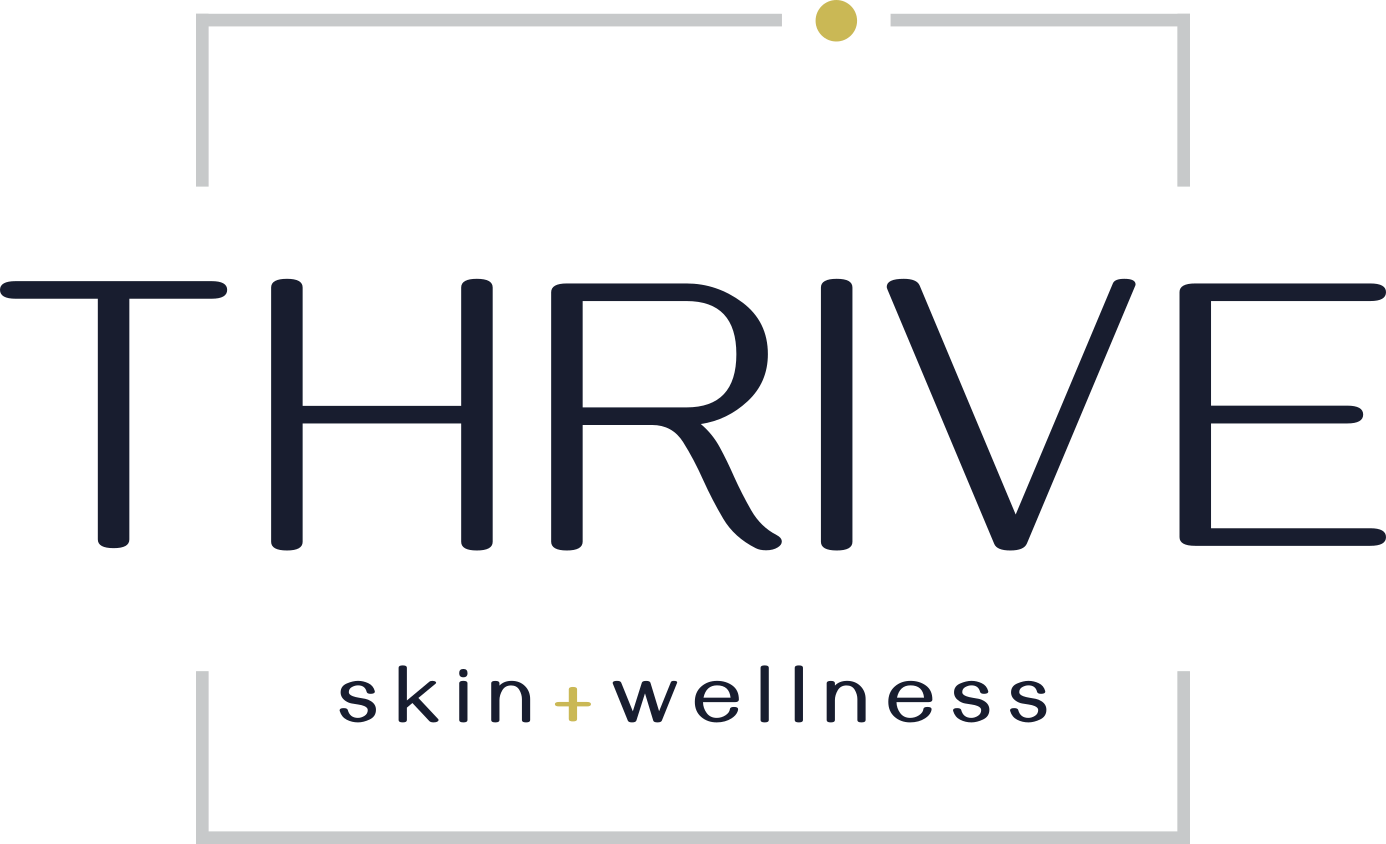Your Diet Could Be Working Against You

Your diet could be playing a role in your depression, moodiness or irritability in addition to chemical imbalances and hormones. Sugar is often a culprit too. Studies show that increased levels of sugar may lead to mood disorder.
Sugar Cravings and The effects of sugar on your mind
Among other things, sugar cravings that cause you to consume large amounts of sugar can reduce your levels of brain-derived neurotrophic factor (BDNF). This is a protein that forms part of the growth and development of your brain cells. Sugar causes inflammation in the body at a cellular level of which the brain is not exempt.
As a result of this chronic inflammation, your insulin response becomes erratic and this can cause your mood and your hormones to go haywire.
It is not clear whether reducing your sugar consumption can help reverse or even improve symptoms of a poor mood. Because symptoms of depression or anxiety can be debilitating, a doctor visit should probably be your first course of action. It stands to reason that you should include regular tests for blood sugar and potential diabetes too.
High intake of sugar can be hazardous to your health
- Breakouts – High sugar levels increase the production of the hormone insulin, which in turn, increases sebum, or oil, production in your skin. This triggers the onset of breakouts and can worsen conditions like acne.
- Heart Disease – Overloading on sugar causes an increase in your triglyceride levels and results in elevated blood pressure all precursors to cardiovascular disease.
Fructose, the really bad sugar
The human body is not made to consume excessive amounts of sugar, especially fructose. It is actually a hepatotoxin and is metabolized directly into fat – factors that can cause a barrage of problems that can have far-reaching effects on your health.
Generally, it’s best to keep your total fructose consumption below 25 grams per day, including that from whole fruit- yes, some fruits are high in sugar too.
You’re eating more sugar than you think
The frightening thing about sugar that some people don’t even realize, is that it’s hidden in some foods and treats that we consume on a daily basis – ice cream, fruit juices, candies, and sodas. It also hides in almost all processed foods, including condiments such as ketchup, meats, and even bread.
How to get a handle on your sugar cravings
- Have plenty of greens – Green drinks (ie. cucumber + parsley, etc.) are loaded with nutrients that help boost your energy and reduce cravings for sugar and processed foods.
- Eat more sea vegetables – Sugar immediately depletes minerals from your body whereas sea vegetables such as seaweed are high in minerals and vitamins. They also make for a healthy snack.
- Have plenty of greens – Meditation helps keep cravings at bay by helping to reduce stress. Including a short meditation before meals can help you relax during meals, which means better digestion and absorption of nutrient.
- Avoid processed foods – As we stated further up in this article, sugar can be found in our common everyday foods such as breads, meats, etc. – so that makes it more difficult to avoid. But here’s the thing to remember: sugar is as addictive as cocaine or drugs. It effects your dopamine lives (the brain’s pleasure neurotransmitter). But soon after eating sugar you start to feel down. You crave more sugar, thus the addictive behavior.
- Drink plenty of water – Yes, you no doubt hear this very often from your doctor, family, friends…just about everyone. But sometimes you may think your body is craving sugar when it actually really needs water. Adding a little Stevia to you lemonade, tea or even your foods can satisfy your craving for sugar or dessert.
- Keep your blood sugar stable – It’s recommended to eat several small meals throughout the day versus eating three large portions to avoid dips in blood sugar.
What you should do today
At Thrive Skin + Wellness, our knowledgeable team of qualified medical providers will help you identify your health concerns and offer recommendations in order to improve your health and wellbeing. To schedule your complimentary consultation, call us at (919) 557-6400 or schedule online.
